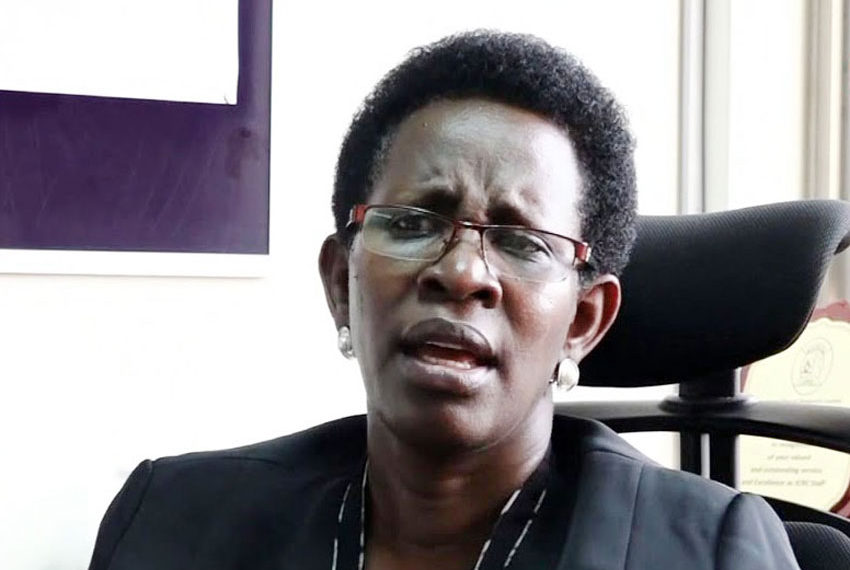The Ministry of Health has finalised arrangements to help Ugandans stranded abroad return home.
The 300 are mostly domestic workers who entered Saudi Arabia illegally and are currently held in deportation centers, while others do not have funds to survive in the country, yet others tested positive for COVID-19 and want to return home but have no means to do so.
The Ministry of Health Permanent Secretary Dr Diana Awine, last week promised to work on the issue of repatriating these Ugandans so as to hastily help them return home because they are being mistreated in Saudi Arabia.
PS Dr Atwine, who was appearing before the Parliamentary Committee on Government Assurance last Wednesday, said that the Saudi Arabians are saying they will force the Ugandans onto a plane either on Thursday or Friday whether the Ministry clears them or not.
Dr.Atwine told the committee which was looking into Government’s fulfillment of its COVID-19 pledges that they do not have enough resources, yet they have to quarantine the domestic workers at their own cost and even feed them.
On Sunday evening, the Permanent Secretary, Undersecretary, the Director General and other officials from the Ministry of Health were still pondering on their next move, because their capacity limited is to receiving 300 Ugandans after every two weeks. Atwine said they were not expecting any more Ugandans until after two weeks after they received a group of 300 returnees over the weekend.
According to Atwine, several Ugandans returning home don’t have money and expect the government to meet their quarantine expenses, including feeding and accomodation.
Atwine said that; “For instance, there are over 1000 people currently being given food by the Ministry, and these include the contacts of positive cases.”
Deportation is the expulsion of a person or group of people from a place or country. The term expulsion is often used as a synonym for deportation, though expulsion is more often used in the context of international law, while deportation is more used in national law.
Saudi Arabia has mandated a six-year duration limit on the residency of foreigners in the country, as part of its programme to control the local job market, and any Hajj or illegal over-stayers are met with a mandatory prison sentence followed by swift deportation.
Many illegal immigrants are those who have overstayed their visit, employment or Hajj visas, although there are many who sneak into the country without border staff noticing.
However, some nationalities don’t need a visa to enter the country, which include members of the Cooperation Council for the Arab States of the Gulf, originally known as the Gulf Cooperation Council, a regional intergovernmental political and economic union consisting of all Arab states of the Persian Gulf except Iraq, namely: Bahrain, Kuwait, Oman, Qatar, Saudi Arabia, and the United Arab Emirates.
![]()




























